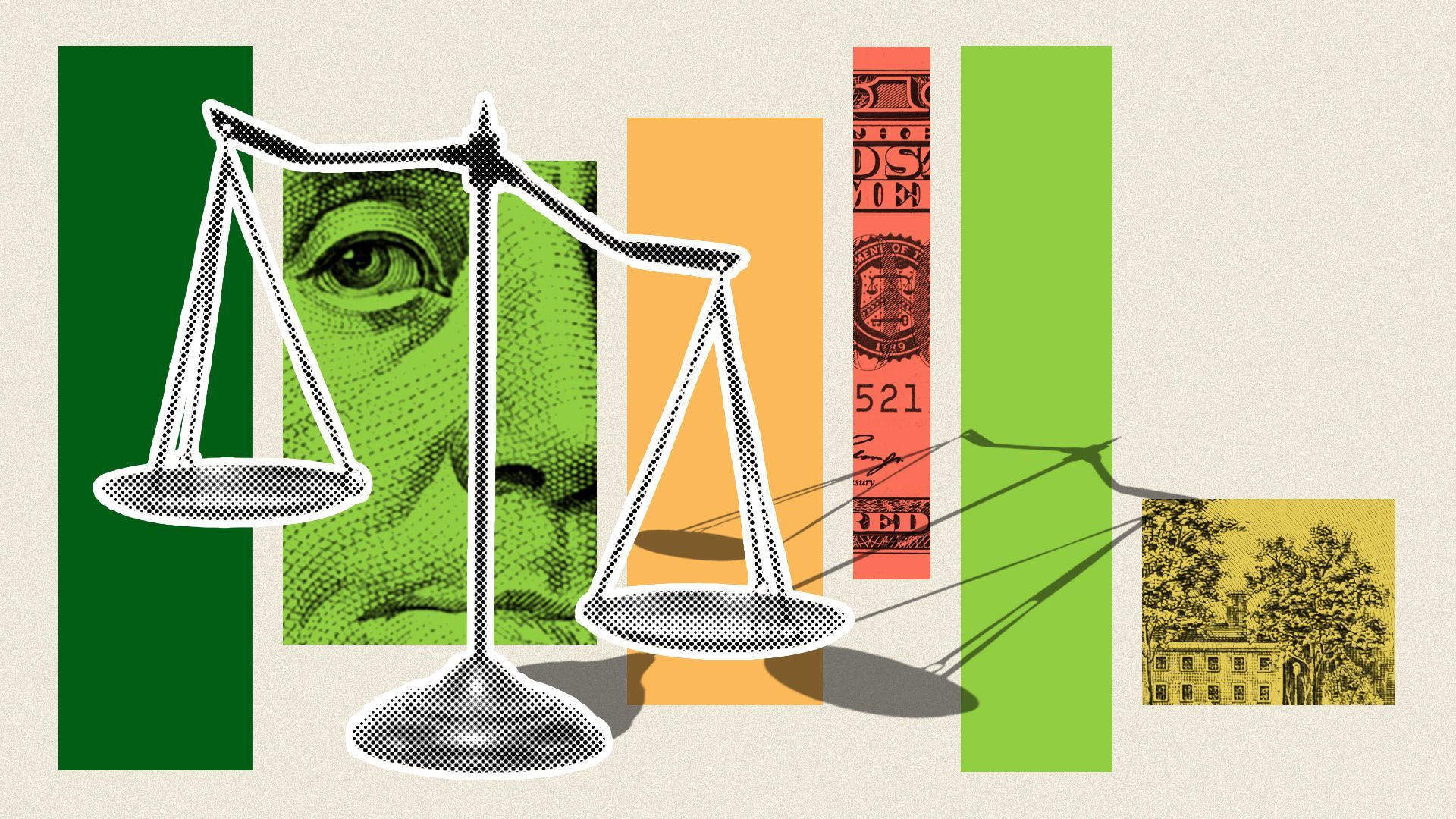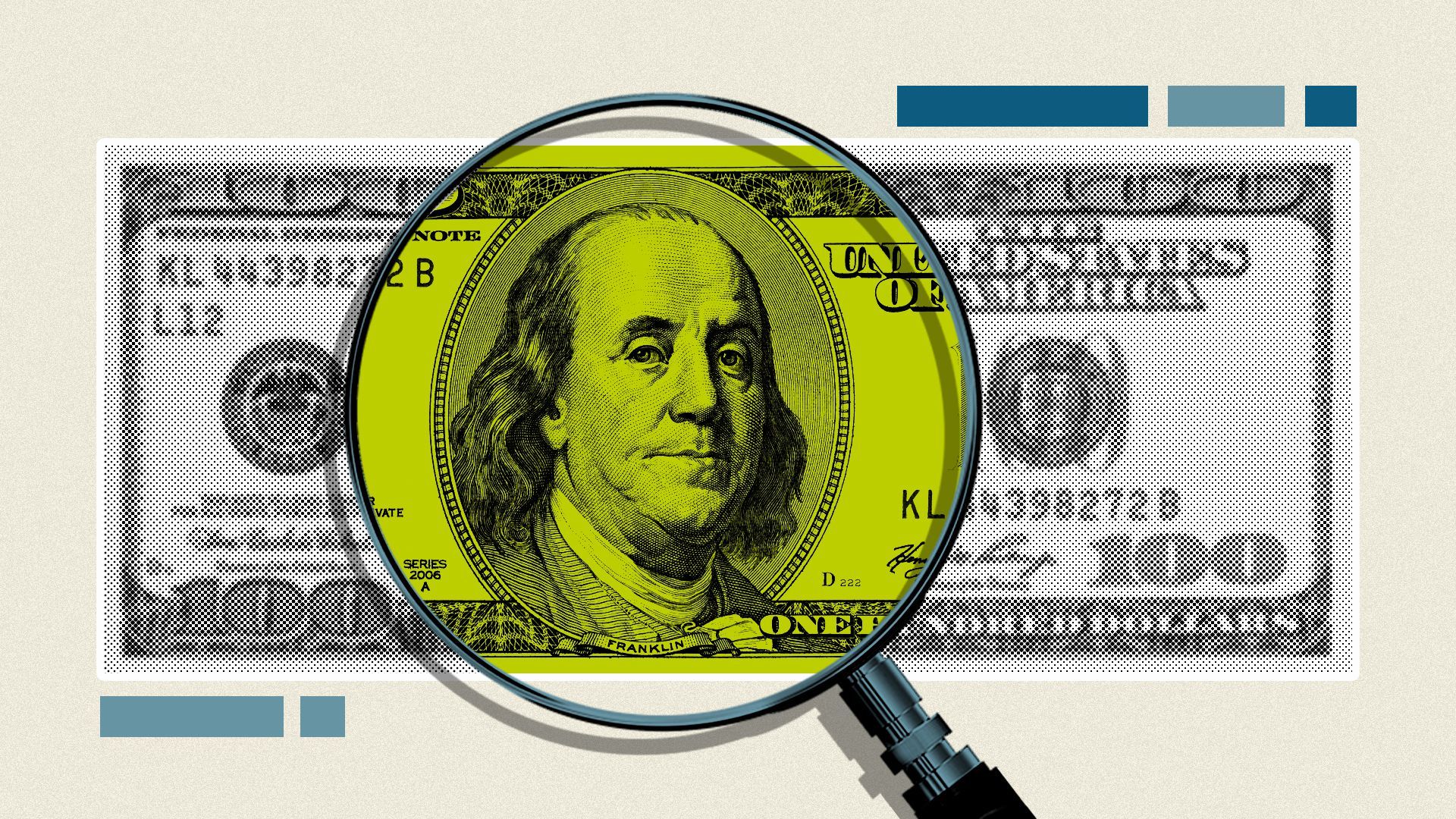| We're a long way from finding out what will happen to Twitter after it has its day (or week) in court with Elon Musk, which he's still trying to delay. But one potential outcome involves the Tesla CEO being forced to acquire the social media company, even if he doesn't want it anymore. The big picture: "Specific performance" is a legal concept that's not a historically common outcome in U.S. courts (except in certain areas like land purchases), but the Delaware Chancery Court has gone that route in a number of merger and acquisition (M&A) cases. Catch up quick: One two-decade-old case, Tyson Foods' acquisition of IBP Inc., has emerged as a popular example of what could happen in Twitter vs. Musk. - The two companies struck a deal on Jan. 1, 2001, after Tyson prevailed in an intense auction process against Smithfield to acquire IBP for $30 a share.
- But within three months, Tyson got cold feet and decided to walk away from the deal, claiming IBP hid issues with its financial statements and poor business performance creating a material adverse effect, and that it deceived Tyson to ink the merger. IBP took it to court in Delaware for breaching their agreement.
- Then-Vice Chancellor Leo Strine (who now works for one of the main firms representing Twitter against Musk) ruled that "IBP has not suffered a Material Adverse Effect within the meaning of the Agreement that excused Tyson's failure to close the Merger."
- He also concluded that specific performance is the "decisively preferable remedy."
What they wrote: "This court has not found… any compelling reason why sellers in mergers and acquisitions should have less of a right to demand specific performance than buyers," Strine wrote in his explanation of his ruling. Zoom out: If the tables were turned, Tyson would insist that nothing can replace the strategic gains of acquiring IBP — at the time the largest beef distributor and second-biggest pork distributor — so why should it be different here? - Moreover, IBP shareholders were offered the option of taking Tyson stock instead of cash, giving them the opportunity to share in the upside of the combined business, another irreplaceable aspect of the deal.
- Awarding damages would not only be complicated but "will lack any pretense to precision" given the likely disagreement over valuation, he noted.
- "Finally, there is no doubt that a remedy of specific performance is practicable," Strine writes. "Tyson itself admits that the combination still makes strategic sense… Tyson Foods is still interested in purchasing IBP, but wants to get its original purchase price back and then buy IBP off the day-old goods table."
Between the lines: Delaware's Chancery Court appears to err on the side of whatever parties agree to in their contracts, UC Davis law professor John Patrick Hunt tells Axios. - And that extends to specific performance, if a contract does stipulate that it's an available remedy subject to certain conditions (as does Twitter's contract with Musk).
Yes, but: In his decision, Strine noted that the implications of forcing the merger on the companies' employees and communities weighed heavily on his mind. It suggests the Chancery Court may be sympathetic to the potential disaster of a forced merger. - Still, Hunt tells Axios that forcing Musk to acquire Twitter is just a purchase of corporate shares. Nothing would oblige him to manage the company himself. He could just passively own it, or even immediately sell it.
The intrigue: That's not how all Delaware Chancery Court cases where specific performance was ordered have turned out. More on that below… | 







No comments:
Post a Comment